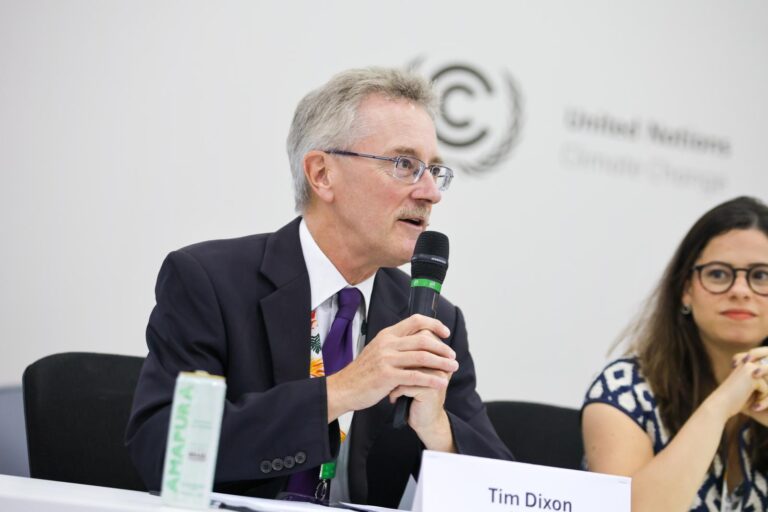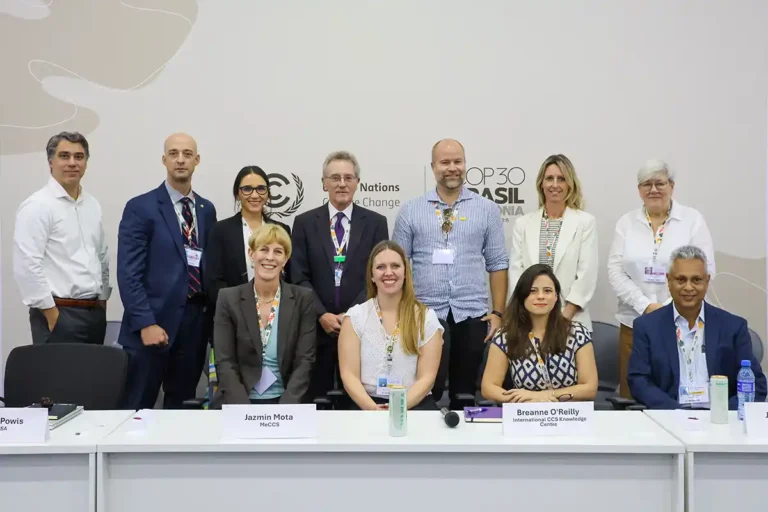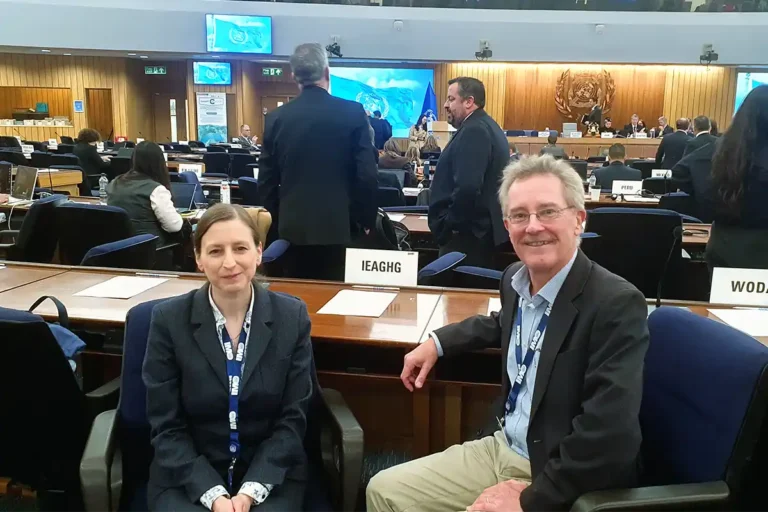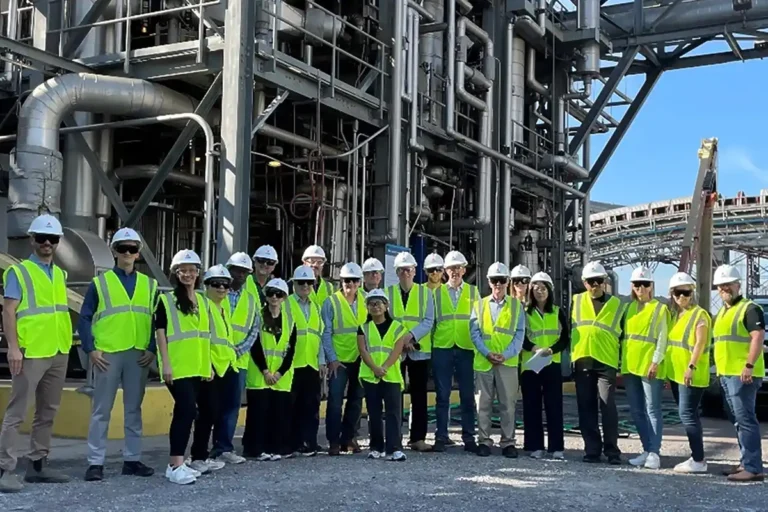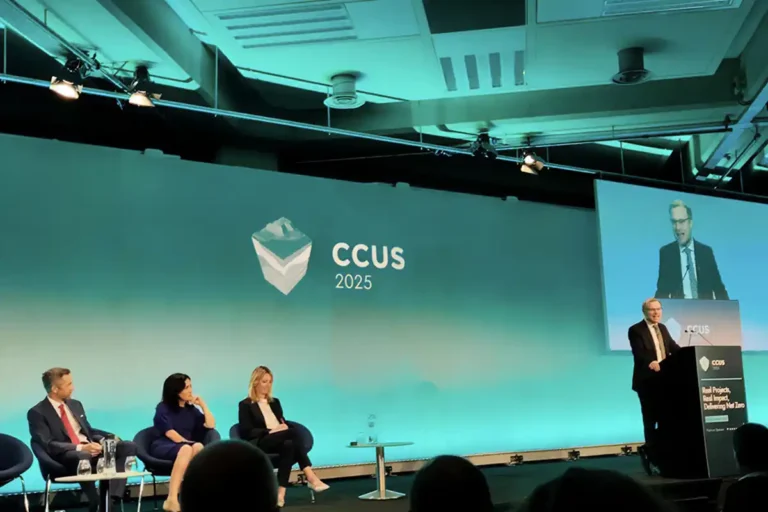
End of COP-23
24 November 2017

There will be much analysis into the details coming out of COP-23, but my short summary is as follows.
Progress was made in general in the details of the ‘rulebook’ for the Paris Agreement, but there is a lot of work still to do. As a result it is suggested there may need to be an extra UNFCCC Parties meeting before COP-24 in order to be ready at COP-24. A Decision text was produced as the high-level agreements out of COP-23, called “Fiji Momentum for Implementation”. Of note is that, as well as encouraging urgency in developing the Paris ‘rulebook’ for post 2020 implementation, it puts an emphasis on undertaking and reporting pre-2020 ambitions and funding, by implication by developed countries. In the same context, this Decision urges countries to complete ratification of the “Doha amendment” which was an extension of the Kyoto Protocol from 2013 to 2020 (ie filling in the gap before the Paris Agreement starts). This Decision sets up the facilitated dialogue, now known as the “Talanoa dialogue” to be undertaken during 2018 to undertake a stocktake of pledges and progress to date to be reported at COP-24.
What is lacking from this Decision is any mention of oceans. From a scientific perspective this is disappointing given the importance and interdependence of oceans and atmosphere in climate change and impacts on oceans of CO2, and given the theme of the COP by Fiji on oceans, resulting in a great number of side-events and initiatives on oceans (including our UNFCCC Side-event). Well at least the relevant ocean science got good exposure in the COP, and hopefully this will continue.
Also of note from COP-23 was the “Powering Past Coal Alliance”. This was an agreement outside the formal UNFCCC processes by some 19 countries and several US states and Canadian provinces to phase out “traditional” coal power by 2030 in OECD/EU and by 2050 in the rest of the world. By traditional, they mean unabated. Specifically they call for no new build or funding for such unless built with operational CCS. These countries included UK, Canada, France and the Netherlands, but not heavy coal users such as USA, Germany, Poland, Australia, China and India. As I mentioned in my previous blog, there were many side-events around encouraging the move away from coal power.
So a work-in-progress COP and we look forward to seeing more progress in the details in 2018, perhaps with an extra SBSTA meeting, and to countries not overlooking their pre-2020 ambitions as they look to their future pledges under the Paris Agreement. COP-24 will be in Katowice, Poland.
A review of COP-23 will be provided by IEAGHG webinar soon.
Other articles you might be interested in
Get the latest CCS news and insights
Get essential news and updates from the CCS sector and the IEAGHG by email.
Can’t find what you are looking for?
Whatever you would like to know, our dedicated team of experts is here to help you. Just drop us an email and we will get back to you as soon as we can.
Contact Us NowOther articles you might be interested in
Get the latest CCS news and insights
Get essential news and updates from the CCS sector and the IEAGHG by email.
Can't find what you are looking for?
Whatever you would like to know, our dedicated team of experts is here to help you. Just drop us an email and we will get back to you as soon as we can.
Contact Us Now

